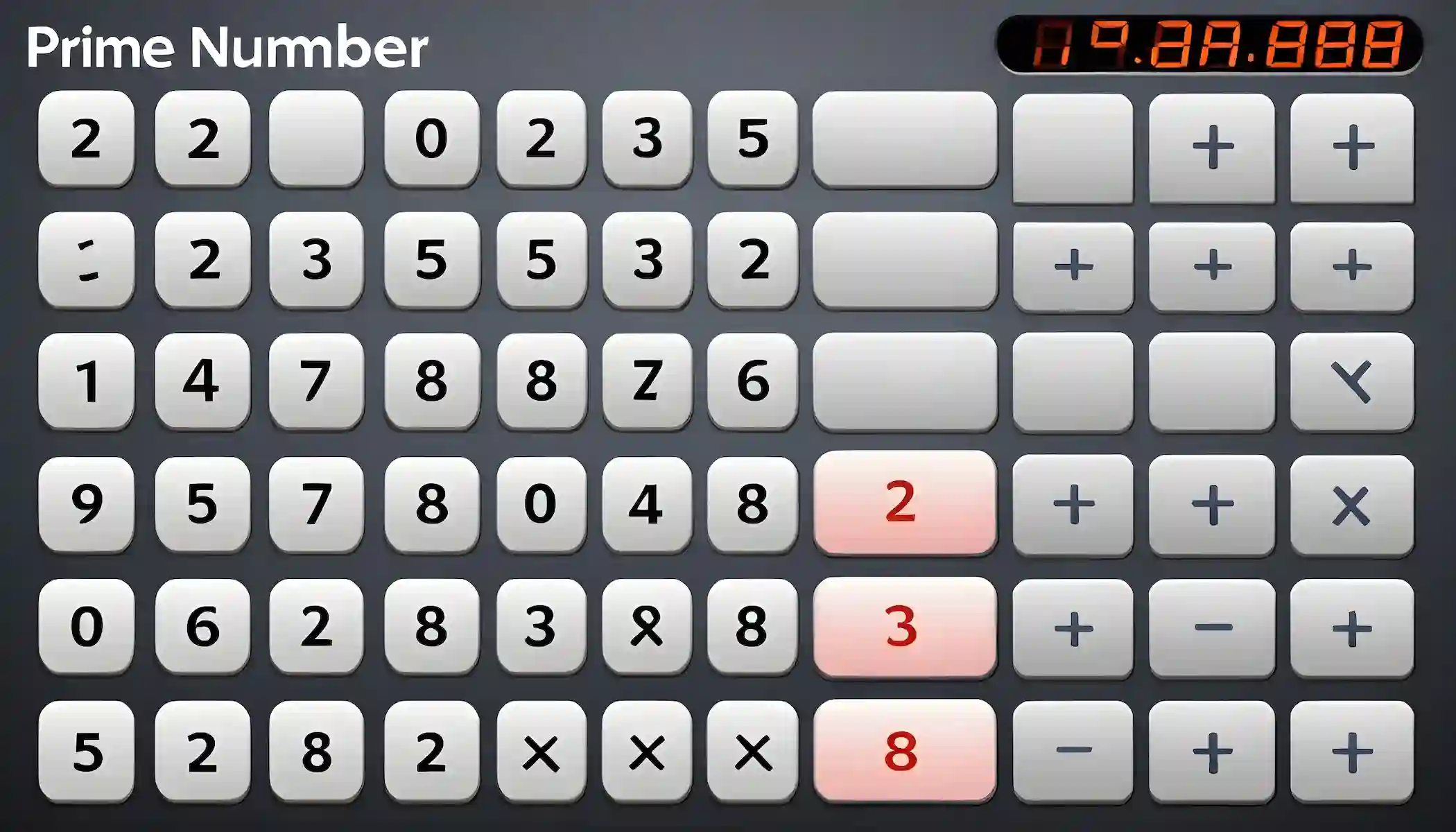Understanding Prime Numbers and How to Use a Prime Number Calculator
Prime numbers are like the building blocks of mathematics. They are fascinating mathematical entities with unique properties that have intrigued mathematicians for centuries. In this article, we’ll explore what prime numbers are, why they are important, and how you can use a prime number calculator to work with them effortlessly.
What are Prime Numbers?
A prime number is a whole number greater than 1 that has only two divisors: 1 and itself. In other words, a prime number cannot be divided evenly by any other number except 1 and itself. For example, 2, 3, 5, 7, 11, and 13 are all prime numbers because they can only be divided by 1 and the number itself.
Why Are Prime Numbers Important?
Prime numbers play a crucial role in various areas of mathematics and computer science. They are the fundamental building blocks for many advanced mathematical concepts and algorithms. Prime numbers are extensively used in cryptography, where they form the basis for secure communication over the Internet. They also have applications in fields such as number theory, factorization, and prime factorization.
How to Identify or Find Prime Numbers?
- Start with the Smallest Prime: Begin with the smallest prime number, which is 2.
- Test Numbers Sequentially: Start testing numbers sequentially from 2 onwards.
- Check Divisibility:
- For each number ( n ), check if it’s divisible by any prime number less than or equal to (√n).
- If it’s not divisible by any prime number, then it’s a prime number.
Using a Prime Number Calculator:
Fortunately, you don’t need to manually check prime numbers anymore, thanks to the prime number calculator available online. The above calculator is simple to use and provides instant results. Here’s how you can use a prime number calculator:
- Input the Number: Enter the number you want to check for primality into the designated field.
- Click “Check” or “Calculate”: Once you’ve entered the number, click the button to initiate the calculation process.
- Get the Result: The prime number calculator will quickly determine whether the input number is prime or not and display the result.
Benefits of Using a Prime Number Calculator:
- Saves Time: Calculating prime numbers manually can be time-consuming, especially for large numbers. A prime number calculator provides instant results, saving you valuable time.
- Accuracy: Prime number calculators use efficient algorithms to accurately determine whether a number is prime or composite.
- Convenience: You can access prime number calculators online from any device with an internet connection, making them convenient to use anytime, anywhere.
Certainly! Here’s a more detailed explanation of how to calculate and find prime numbers:
How to Calculate Prime Numbers:
- Trial Division Method:
- Choose a number ( n ) to test for primality.
- Divide ( n ) by all integers from 2 to (√n).
- If ( n ) is divisible by any of these numbers, it’s not prime.
- If ( n ) is not divisible by any of these numbers, it’s prime.
- Sieve of Eratosthenes:
- Create a list of numbers from 2 to the desired limit.
- Start with the first number (2), mark it as prime, and eliminate all its multiples from the list.
- Move to the next unmarked number, mark it as prime, and eliminate its multiples.
- Repeat until all numbers have been processed.
By following these methods and utilizing prime number calculators, you can efficiently calculate and find prime numbers with ease.
Conclusion:
Prime numbers are fascinating mathematical entities with significant importance in various fields. While identifying prime numbers manually can be challenging, prime number calculators make the task effortless. By understanding prime numbers and utilizing prime number calculators, you can explore their properties and applications with ease.

Leave a Reply